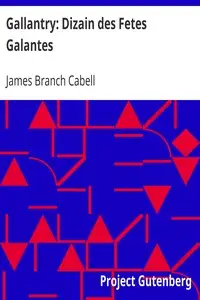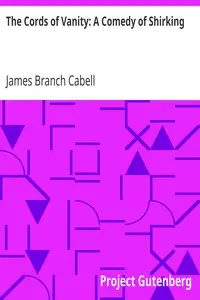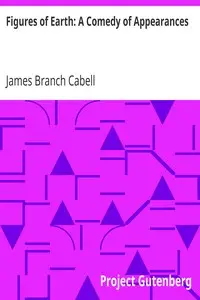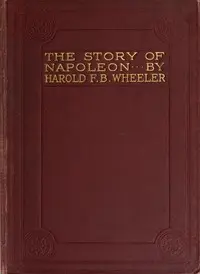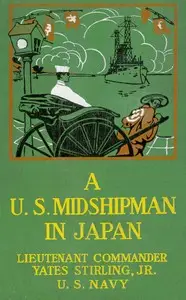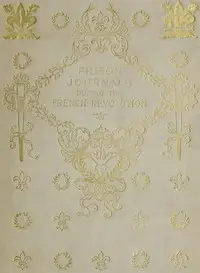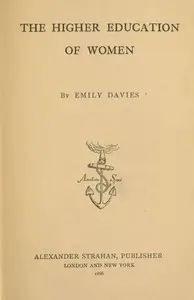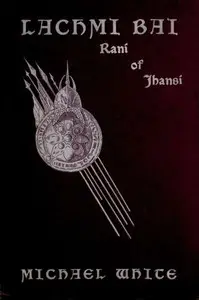"Joseph Hergesheimer, an essay in interpretation" by James Branch Cabell is a literary analysis and critique written in the early 20th century. This book delves into the works of Joseph Hergesheimer, exploring the themes, styles, and narrative structures present in his writing. The likely topic focuses on the artistic aspirations and the persistent struggles of Hergesheimer as he sought to convey beauty in his narratives, despite facing significant challenges and a lack of immediate success. In this essay, Cabell reflects on Hergesheimer's long journey of writing before gaining recognition, emphasizing that for fourteen years, Hergesheimer labored without publishing success. Cabell analyzes the recurring themes in Hergesheimer's novels, such as the relentless pursuit of beauty and the often elusive nature of that ideal. He discusses characters marked by their singular desires, revealing how these quests reflect Hergesheimer's own artistic struggles. The essay touches on various novels including "The Lay Anthony," "Mountain Blood," and "Linda Condon," highlighting their intricate narratives and the idea that beauty, while pursued fervently, remains unattainable. Ultimately, Cabell appreciates Hergesheimer's artistry, suggesting that the author's work captures a profound, almost magical quality that resonates with readers beyond the surface-level narratives. (This is an automatically generated summary.)
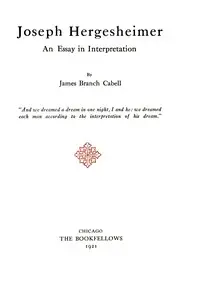
Joseph Hergesheimer, an essay in interpretation
By James Branch Cabell
"Joseph Hergesheimer, an essay in interpretation" by James Branch Cabell is a literary analysis and critique written in the early 20th century. This b...
Free Download
Overview
About the Author
James Branch Cabell was an American author of fantasy fiction and belles-lettres. Cabell was well-regarded by his contemporaries, including H. L. Mencken, Edmund Wilson, and Sinclair Lewis. His works were considered escapist and fit well in the culture of the 1920s, when they were most popular. For Cabell, veracity was "the one unpardonable sin, not merely against art, but against human welfare".
Total Reviews
10.0k
Total reviews from Goodreads may change

